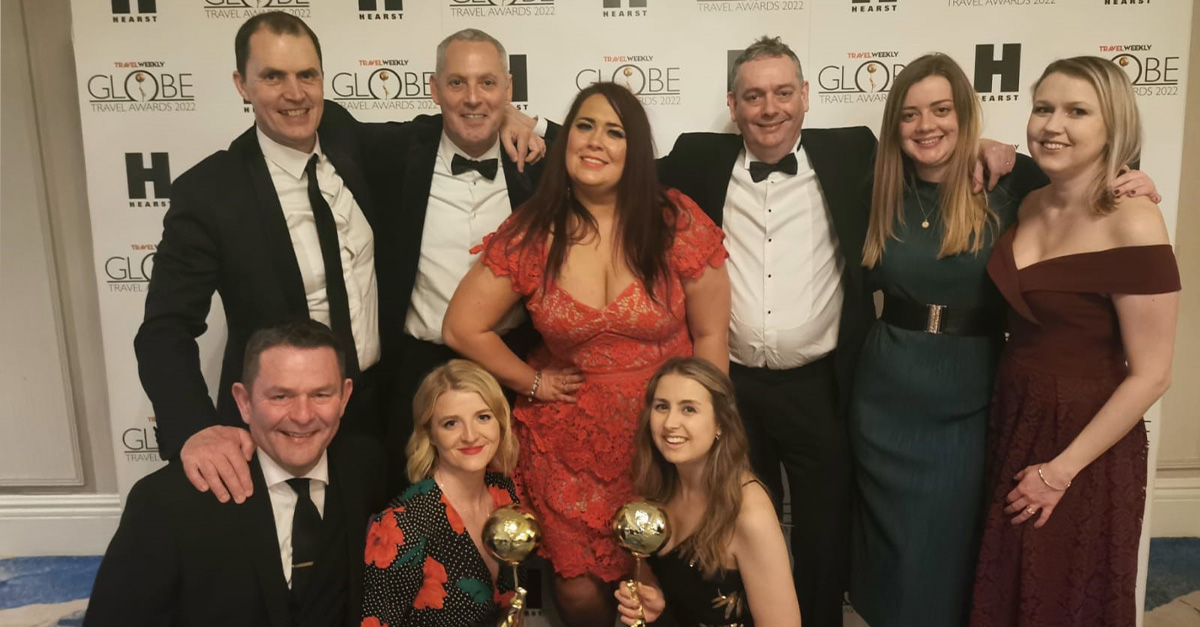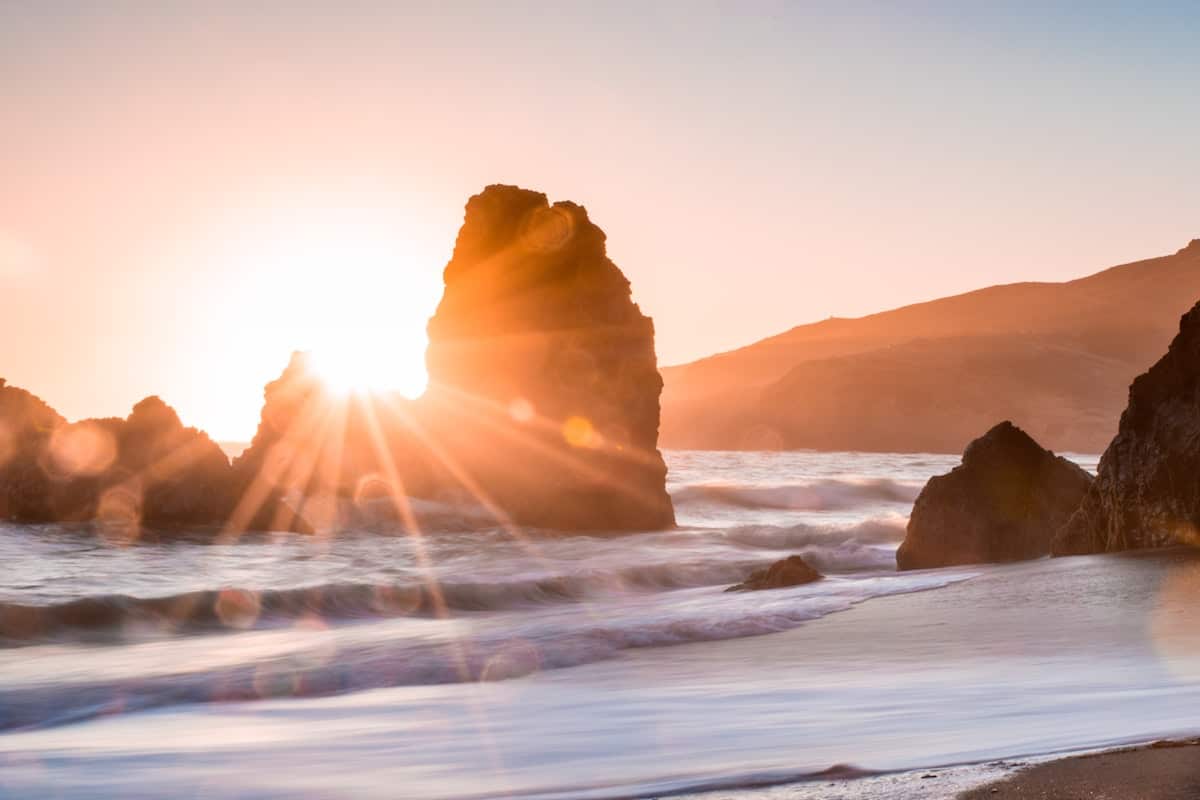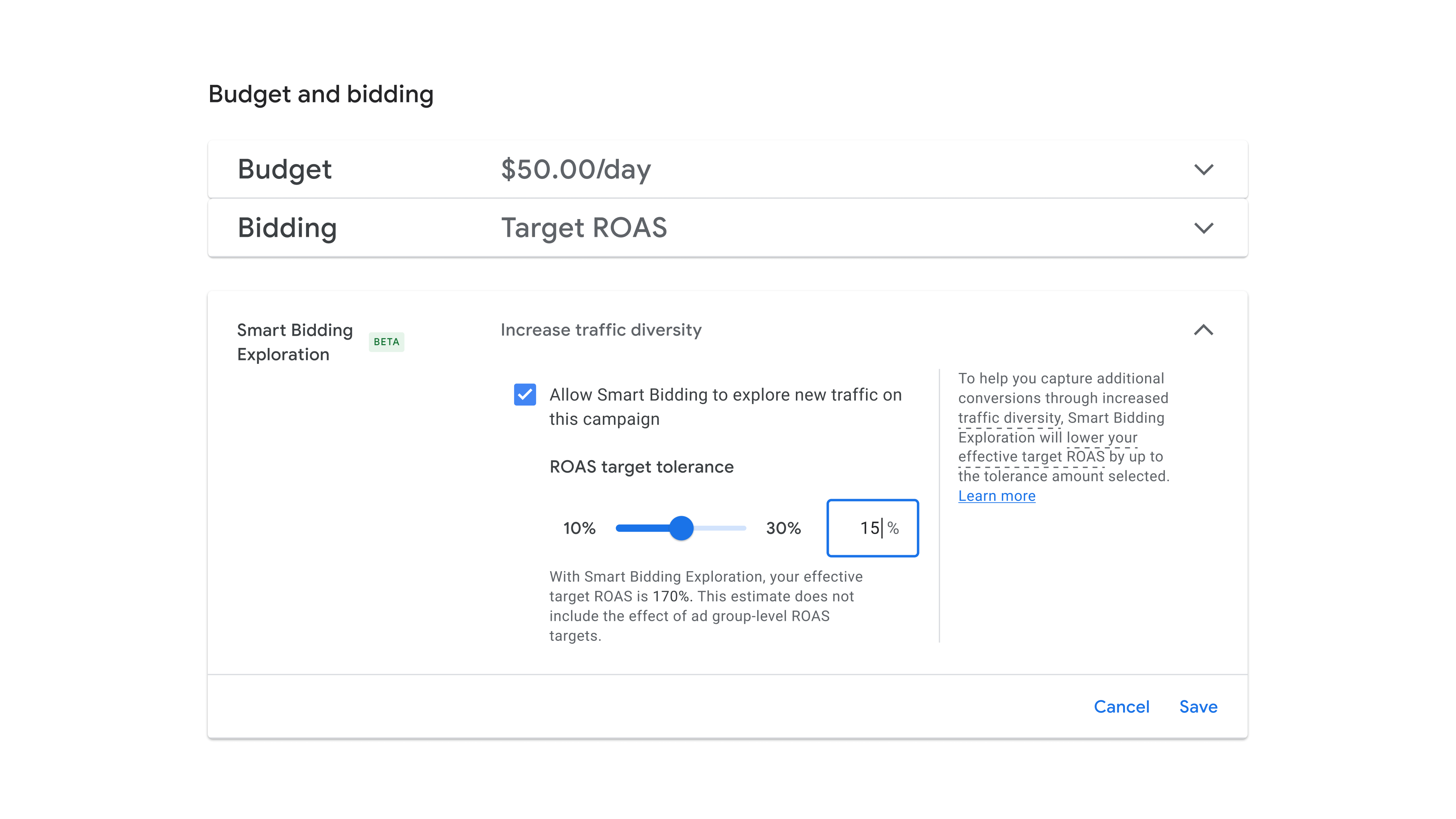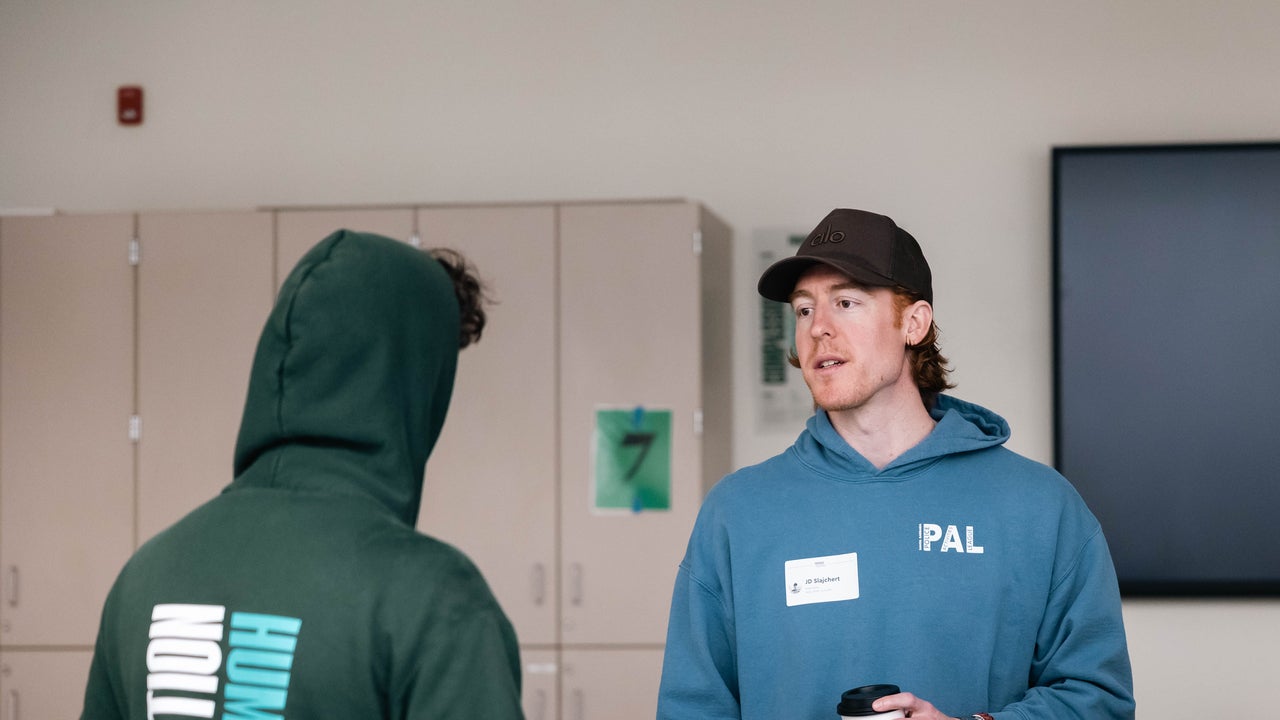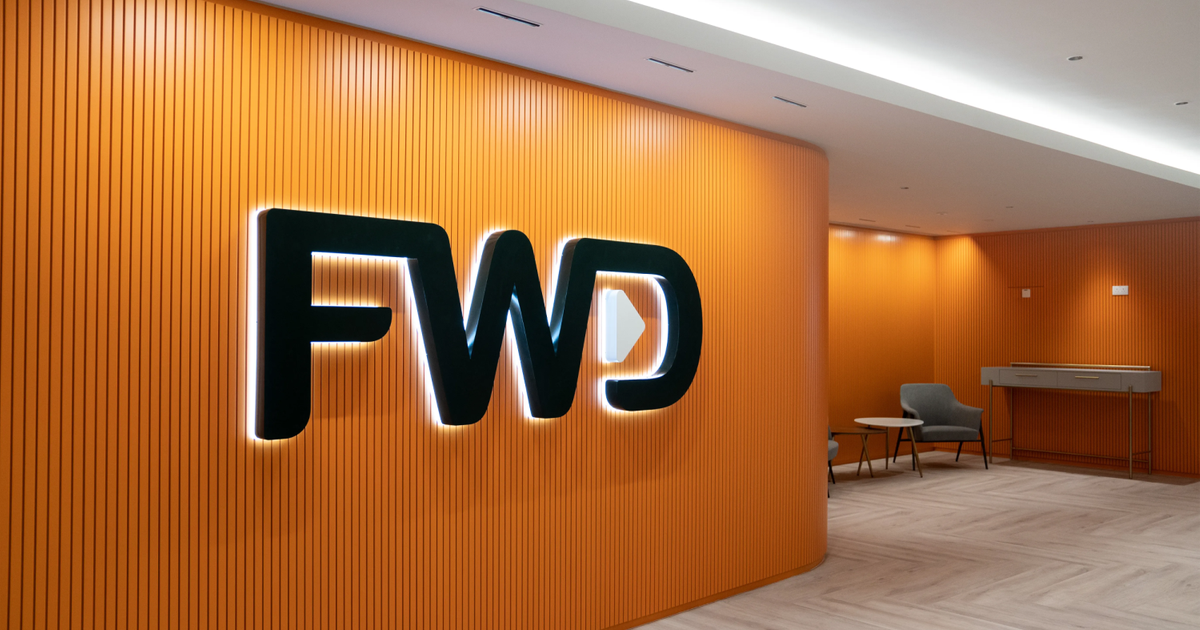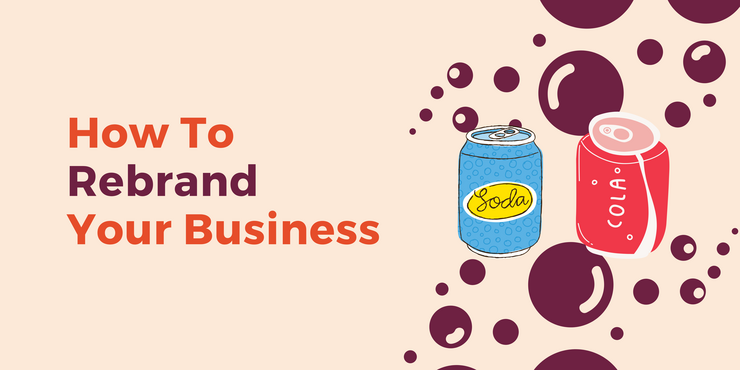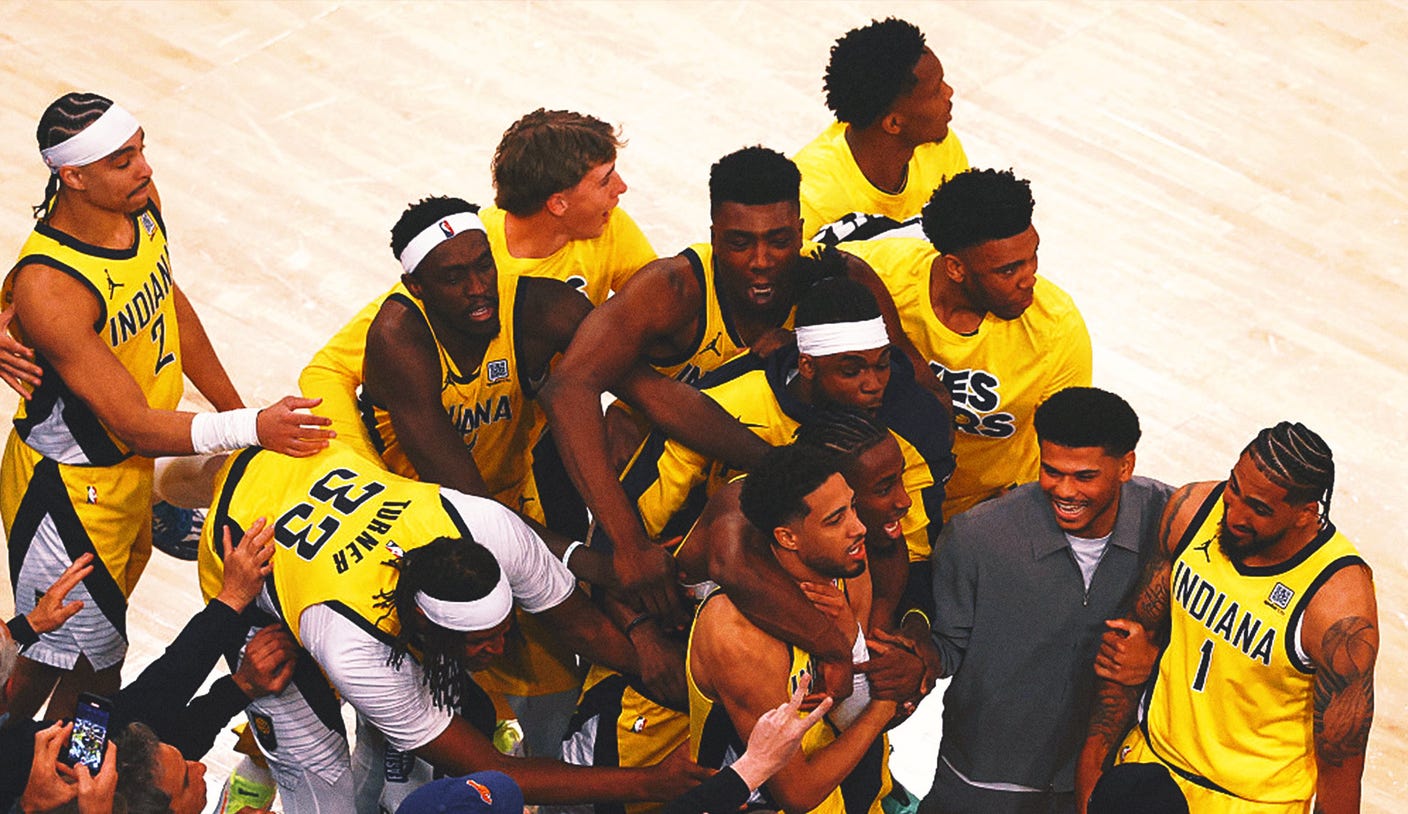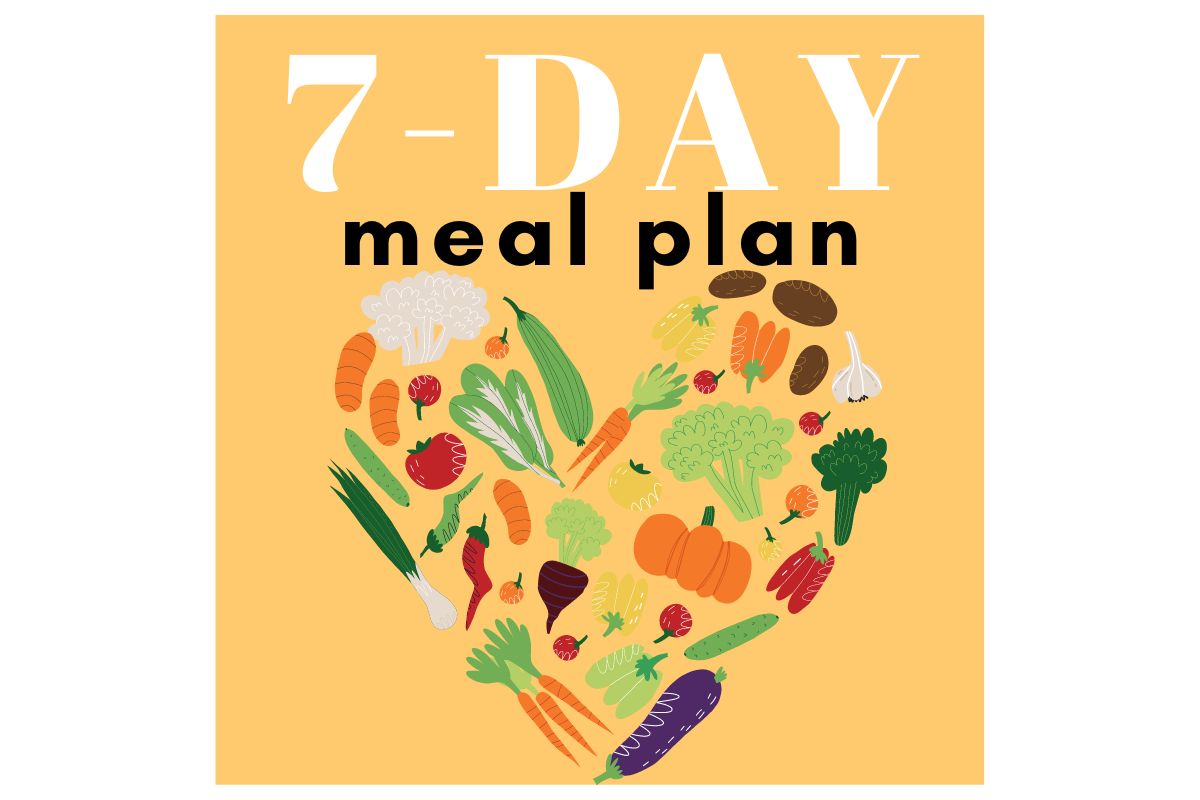An elite New York restauranteur on why luxury spending isn't the key to making people happy
Will Guidara, former owner of Eleven Madison Park, learned a valuable lesson about spending and satisfaction with the help of his wife and a Cartier necklace.
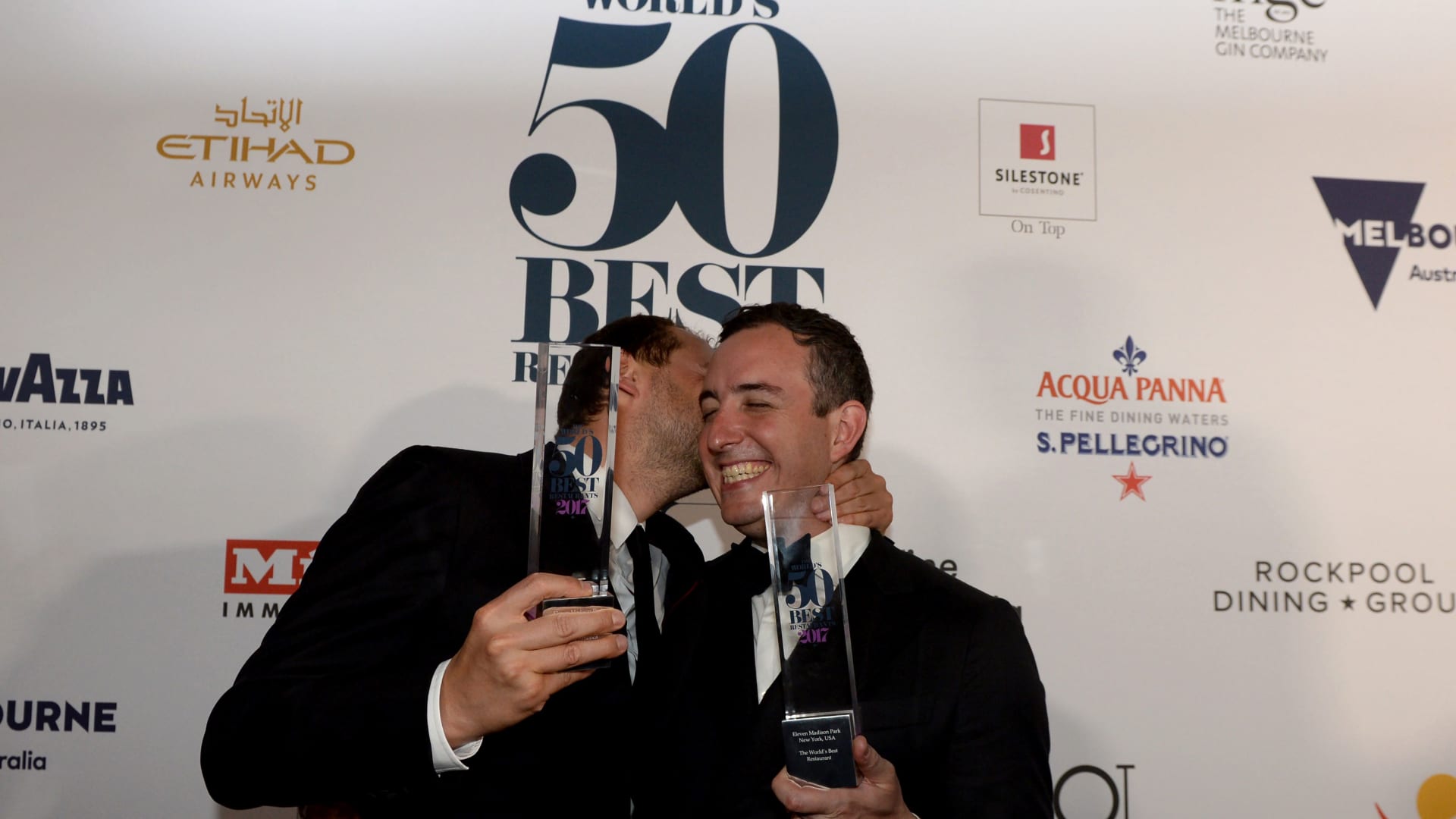
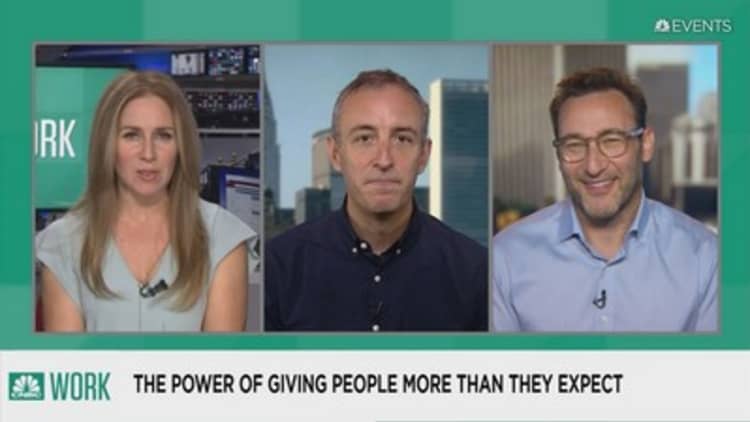
Gift-giving can be a good way to learn how good you are at hospitality. And if you think success comes down to the amount being spent, you are setting yourself up for failure, according to one of the world's most renowned restauranteurs.
Will Guidara, former owner of elite New York City restaurant Eleven Madison Park, thought his soon-to-be wife would love the Cartier necklace he bought her for their one-year anniversary. Instead, she pretended to like it and only wore it once. When Guidara saw his wife's disappointment at the New York Times ending its sudoku-meets-crossword-puzzle game "Boxing Match," he hired the creator of the game to make another 50 levels that he printed out into a book for his wife. Guidara was surprised to see that his wife appreciated this gift far more than the thousands of dollars he spent on the necklace.
"That 'Boxing Match' book would not have made sense to give to another human being on the planet," Guidara said in a conversation with Squawk Box" co-anchor Becky Quick at CNBC's Work Summit last week. "She felt seen, she felt loved and she felt known," he said.
The lesson, according to Guidare: The weight that money holds is incomparable to the weight that time holds to humans. Money can be made back, time can't.
The unexpected is more valuable than the expensive
"When someone gives us time, when someone gives us energy, the feeling of that gift is absolutely overwhelming," he said. And it may not even cost anything. Giving time and attention, "and listening, that being present for someone ... that's the greatest gift we can give someone, and that's what unreasonable hospitality is all about," said Guidara, author of the book "Unreasonable Hospitality."
This concept has helped Guidara not only as a husband, but as a restaurateur. He became the general manager of Eleven Madison Park back in 2006, where he and chef Daniel Humm led the struggling restaurant to become ranked among the world's best.
Daniel Humm (L) and Will Guidara celebrate with their trophies after winning the Worlds Best Restaurant award at the World's 50 Best Restaurants awards in Melbourne on April 5, 2017.
Mal Fairclough | Afp | Getty Images
Under the Make it Nice hospitality group, the two went on to open NoMad New York, Nomad Bar, Made Nice, NoMad Los Angeles and NoMad Las Vegas. After selling his share of the businesses to Humm, Guidara joined forces with New York Times' best-selling author and Optimism Press publisher Simon Sinek to publish his book.
"If any organization has a customer or a client, there are lessons in unreasonable hospitality that can absolutely be applied, and it fundamentally all boils down to listening," Sinek said at the CNBC Work Summit. "What Will does and what he trained his team to do was to be totally present and listen for opportunities where you can surprise and delight someone with something unexpected," Sinek said.
America is built on service relationships
America is a service economy. More than three-quarters of GDP are from service industries.
"When you look at those services, whether it's financial services, computer services, health care, insurance, retail, everyone that does any of those things does the same thing for a living that I do. We're all in the business of serving other people," Guidara said.
Eleven Madison Park became the No. 1 restaurant in one influential world ranking not because its food was amazing or its service was technically perfect, "but because we did things that went far above and beyond for our guests," Guidara said.
One night, Guidara recalled, he saw the kids of a family from Spain mesmerized by the snow falling outside his restaurant. By the time the family was done eating, Guidara had purchased sleds and had a car waiting outside to take them to Central Park to go sledding. Another time, a couple showed up at Guidara's restaurant bummed because their beach vacation got canceled. By the end of the night, the private dining room was transformed into a beach for the couple to enjoy, with sand on the ground and a kiddie pool to dip their feet in.
Covid and solving problems as a hospitality model
Covid has changed the world, but Guidara and Sinek believe that it has not altered the value of unreasonable hospitality. In fact, to be a source of kindness for someone today can not only make them feel good but can ultimately make you feel good.
"Now that we're all so short-tempered and we're all still dealing with the trauma of Covid, we now sort of have this expectation that other people should be looking after us. What I've learned is that the way to solve our own problems is actually to help other people solve the same problem," Sinek said.
"The current climate is not a reason why this can't work. It's a reason why this is the exact thing we should all be leaning into," Guidara said.

 AbJimroe
AbJimroe 








